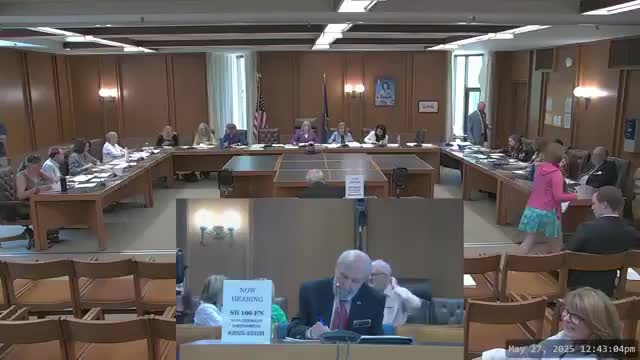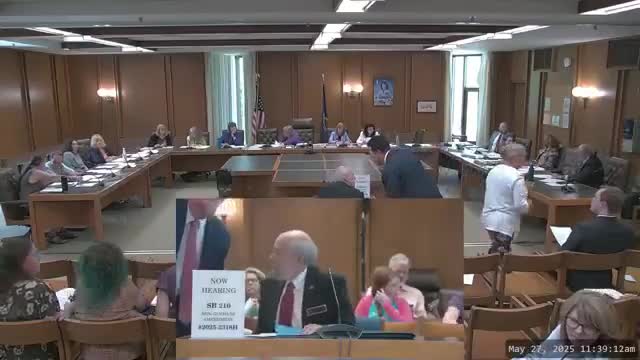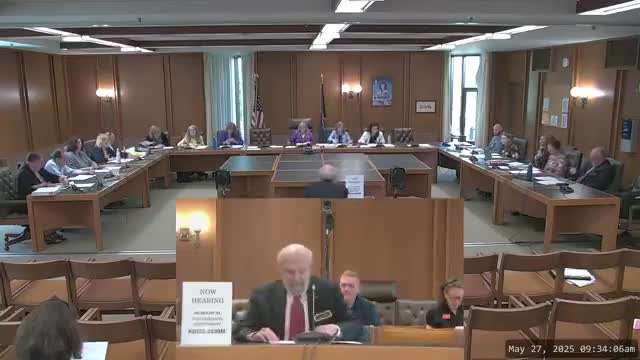Article not found
This article is no longer available. But don't worry—we've gathered other articles that discuss the same topic.

Committee advances revised ban on teaching discrimination after court concerns; adds scienter and clarifying language

Committee approves study of SAU consolidation; removes repeal of Home Education Advisory Council

Committee advances bullying‑prevention rewrite, adds reporting and timelines; some members seek broader scope

